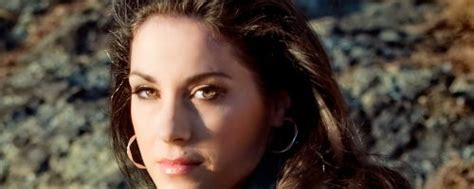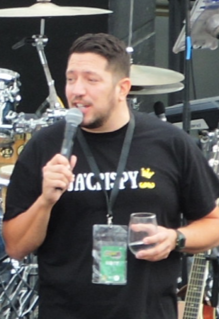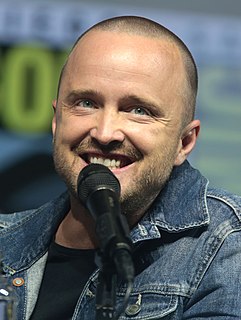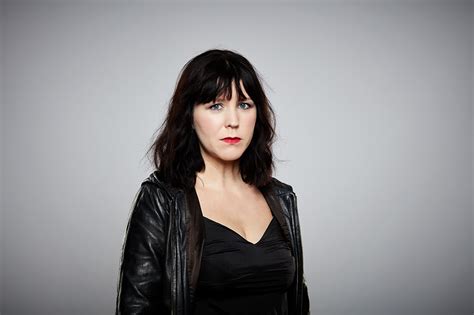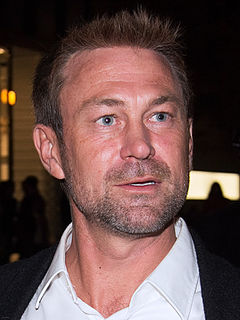A Quote by Tatiana Maslany
We do long-form-style improv. Our focus was characters and telling a long arc story over about an hour and a half. It was closer to a one-act play than one-off sketches.
Related Quotes
For the most part, my characters don't talk to me. I like to lord over them like some kind of benevolent deity. And, for the most part, my characters go along with it. I write intense character sketches and long, play-like conversations between me and them, but they stay out of the book writing itself.
I don't know if that's the best story for BoJack, long-term. I do love the world, and I love playing around in it and it feels like an elastic enough world that, any story I want to tell, I can tell about these characters in this world. I can talk about parents and children, husbands and wives, the troops, or Hollywood. It does feel like an endless playground at this point, it would be a shame if we cut it off early for fear of repeating the same things over and over again. But I am looking to move the story and character somewhat.
Television is what we call the long form of storytelling, where we tell stories over thirteen, twenty-two, or twenty-four hours. Miniseries is an eight-hour form of storytelling, and film is a two-hour form. Each and every one of them are important to me, because they're a different modality of storytelling.
A form wherein we can enjoy simultaneously what is best in both the novel and the short story form. My plan was to create a book that affords readers some of the novel's long-form pleasures but that also contains the short story's ability to capture what is so difficult about being human - the brevity of our moments, their cruel irrevocability.

